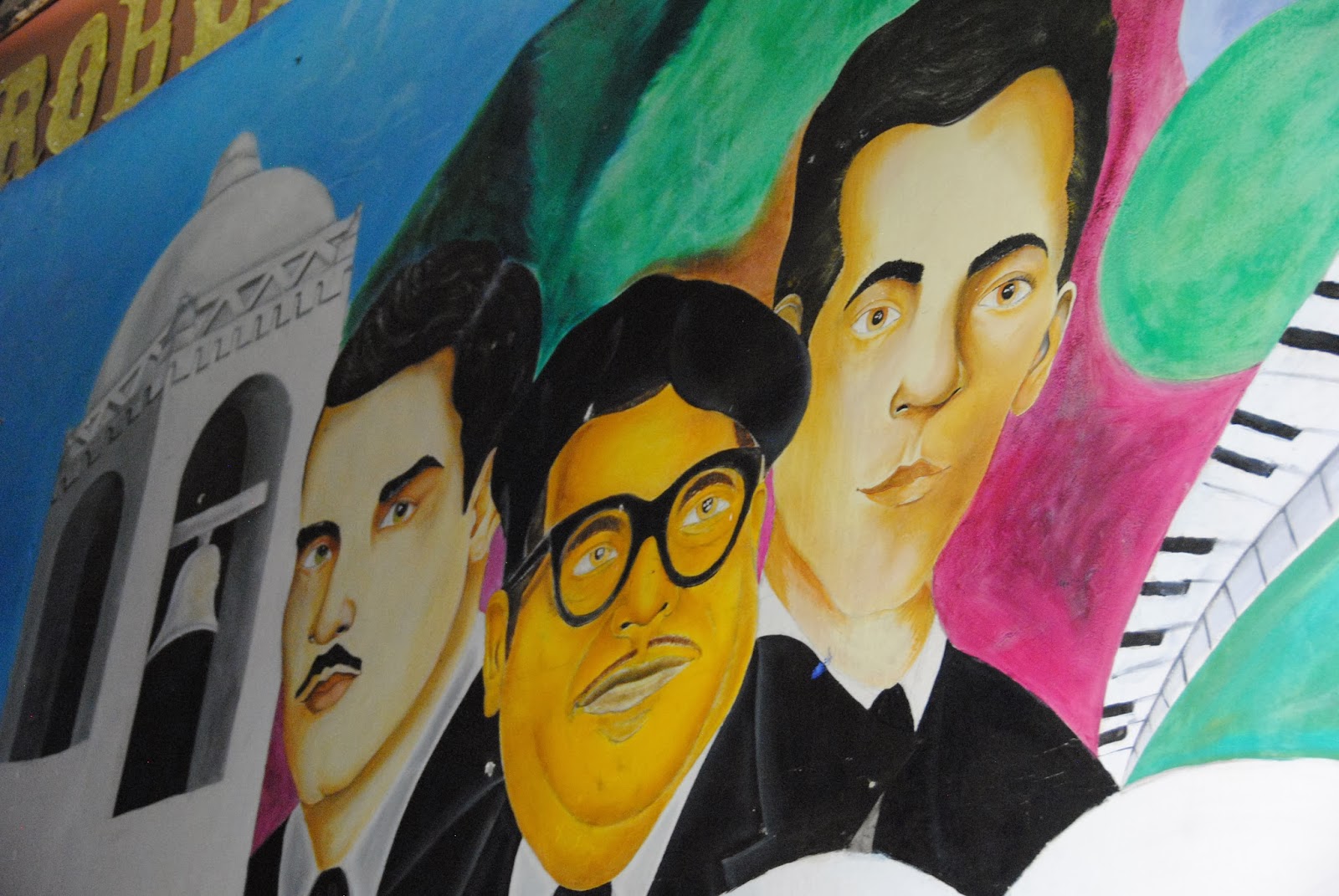 Here is a link to a recent article comparing influenza in immunocompromised vs non-immunocompromised patients.
Here is a link to a recent article comparing influenza in immunocompromised vs non-immunocompromised patients.Immunocompromised patients with influenza had more severe disease/complications, longer viral shedding, and more antiviral resistance while demonstrating less clinical symptoms and signs on clinical assessment.
The sickest patients may have the least pronounced symptoms on presentation.
The physician must be alert and beware of the pitfalls of influenza diagnosis and management in immunocompromised patients.

















































